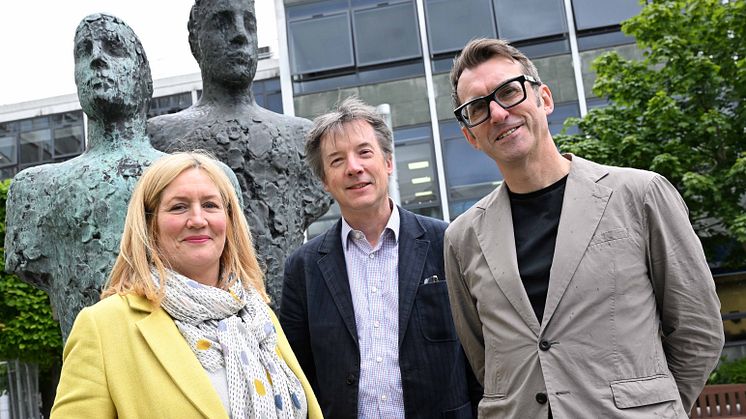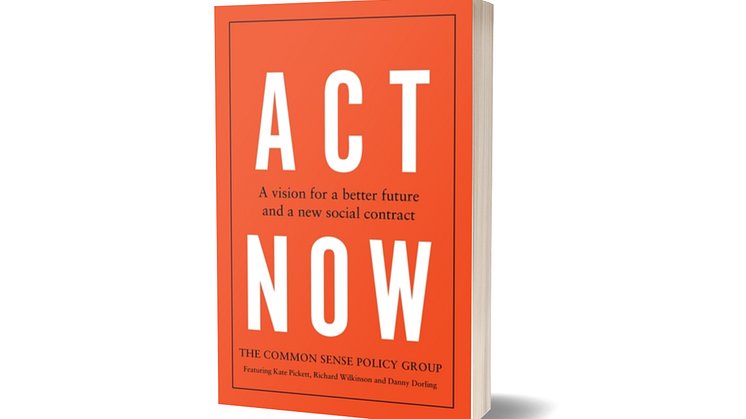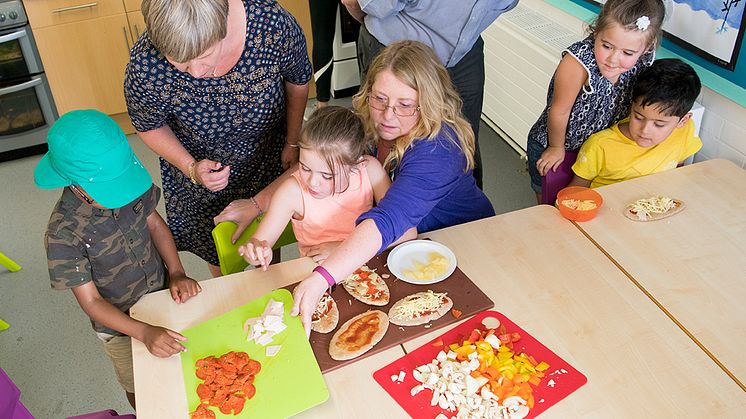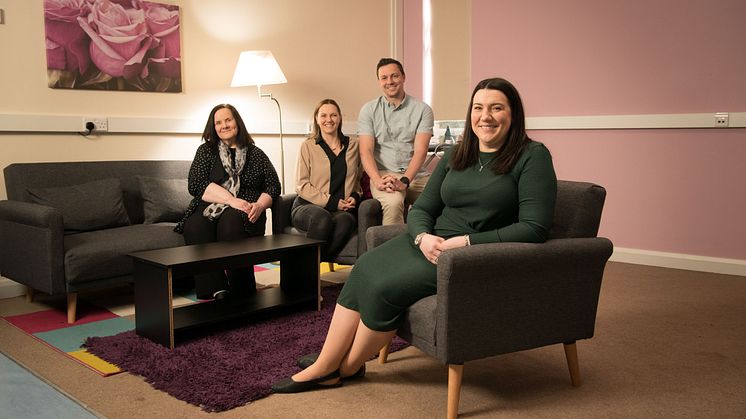Press release -
Researchers investigate the long-term impact of widowhood during Covid-19
The death of a spouse or partner is ranked as one of the most stressful life events most people will experience and coping with the transition can be a lengthy process, sometimes spanning several years.
Now researchers at Northumbria University are working to explore and evidence how navigating widowhood during the pandemic, at a time when restrictions on contact with others and gatherings including funerals were imposed, had an impact on health and wellbeing.
With the aim of developing recommendations which can influence future policy while informing practice and the development of support services, Dr Tracy Collins, Dr Gemma Wilson-Menzfeld and Senior Research Assistant Shannon Allen began investigating the long-term impact of widowhood during Covid-19: Developing recommendations for future practiceearlier this year.
The study aims to explore widowhood experiences during and following Covid-19, including the challenges and mechanisms available to support change, through focus groups, a collaborative workshop involving key stakeholders and a national survey.
The team, who are based within the Faculty of Health and Life Sciences at Northumbria, have worked with organisations including Cruse Bereavement Support, Widowed and Young and Age UK, all of whom understand the significant impact that bereavement can have and offer much-needed support for people. Assistance has been given to arranging focus groups involving those willing to share their experiences as part of the research and preparations are in place for the workshop due to take place in London in July.
“Previous research indicates that social support, extending activities, and group memberships provide stability and facilitate adjustment during widowhood,” explained Dr Collins, who has a clinical background in occupational therapy. “This is critical during the ‘transition phase’ of widowhood, which is one to three years after the passing of a loved one, where the surviving spouse re-establishes social roles and relationships. This time is often about them finding a new identity and purpose.”
While many support services moved to an online delivery model during the pandemic, making them more accessible to some, this also provided barriers to groups of people experiencing grief and loss with no access to technology or the internet. This, combined with loneliness and isolation due to lockdowns and social distancing measures put in place in the UK, means the incidence and negative consequences of widowhood were often compounded during Covid-19.
“We all know that the pandemic brought about many new ways of living and working, but we want to understand the aftermath of that in terms of support during the grieving process,” explained Shannon, who said many participants in the focus groups have found sharing their stories and coping mechanisms with others a cathartic experience.
A series of preliminary recommendations from the data collected during the research on experiences of widowhood during Covid-19 are already being developed. These include having clear procedures to support safe hospital visits during end of life care for the benefit of patient wellbeing, as well as their spouse.
Other themes already emerging include new guidance on talking more openly about death and dying, as well as the language used when discussing experiences of widowhood. The research team are preparing to present their findings at the 2024 British Sociological Association (BSA) Medical Sociology Conference, due to take place in September.
The national survey linked with the study will remain open until Monday 1 July. Individuals aged 50 years and over, who have experienced the death of a partner or spouse between 2020 and 2022, irrespective of the cause of death, can click here for more information and to take part.
The study follows recent work by members of the research team to examine the prevalence of social isolation and loneliness among UK military widows, in collaboration with the War Widows' Association with support from the Forces in Mind Trust. A paper called Military widows’ experiences of social isolation, loneliness and unmet social needs was published by the Journal of Loss and Trauma earlier this year. The University is home to The Northern Hub for Veterans and Military Families Research – a collective of academics, service providers and service users working to improve the health and social wellbeing of veterans and their families.
Northumbria University is dedicated to reducing health and social inequalities and improving social, economic and health outcomes for the most marginalised in society. Through its new Centre for Health and Social Equity (CHASE), researchers will be delivering world-leading health and social equity research and creating innovative, evidence-based policies and data-driven solutions to bring impactful change across the region, the UK and globally.
Topics
Categories
UNIVERSITY OF THE YEAR 2022 (Times Higher Education Awards)
Northumbria is a research-intensive university that unlocks potential for all, changing lives regionally, nationally and internationally.
Two thirds of Northumbria's undergraduate students come from the North East region and go into employment in the region when they graduate, demonstrating Northumbria's significant contribution to social mobility and levelling up in the North East of England.
Find out more about us at www.northumbria.ac.uk
--- Please contact media.communications@northumbria.ac.uk with any media enquiries or interview requests ---










